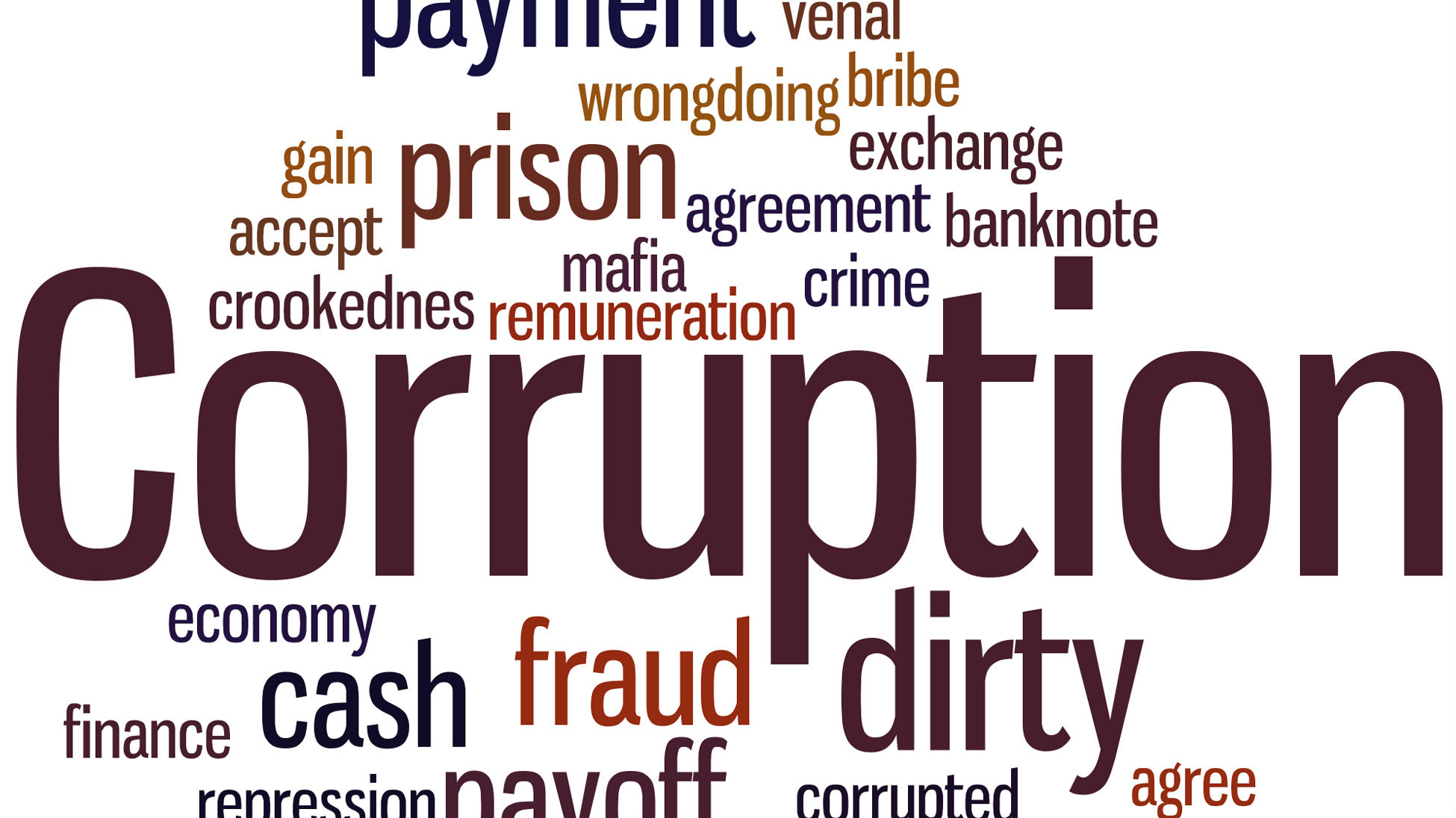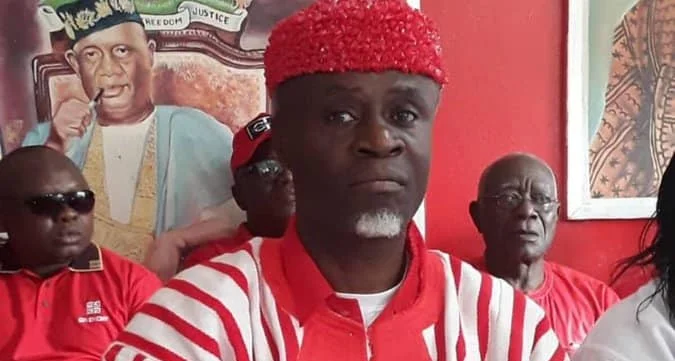Today’s Guest Post is by Corina Rebegea, governance and anti-corruption advisor with the National Democratic Institute (NDI). Corina oversees programming on transparency, anticorruption and countering kleptocracy and has previously worked on rule of law and justice reform, democratic governance and foreign policy issues, and foreign malign influence.
Moments of democratic opening can be a critical time for anticorruption reforms. In many instances, corruption triggered regime change. In a just released paper for the National Democratic Institute, I examine how to shape a reform message when a sudden shift to democracy opens a window of opportunity.
The paper confirms the important and obvious but often overlooked point that how we talk about corruption plays an important role in democratic transitions. An anticorruption communication campaign can thus inform policy priorities, help mobilize and sustain public opinion, and manage expectations. All are crucial for creating the conditions that make systemic change possible – and durable.
During times of political change, dedicating time to communications, as well as having the right expertise and tools, can be a daunting task. Especially as competing priorities must be addressed in a short period of time. Campaigns can also backfire, as the research summarized in the paper. The campaign can focus too much on the problem, leading to resignation, apathy or even nudging citizens to engage in corruption. Understanding how to effectively communicate anticorruption priorities, reforms and timelines is essential, particularly as there is a risk that forces opposing the democratic opening will retain enough power to derail integrity reforms and cause the window to close.
While more experimentation, research and analysis are needed, the lessons the paper offers are meant to inform the design of campaigns to build public support for integrity reforms, trust, and durable anticorruption outcomes.













